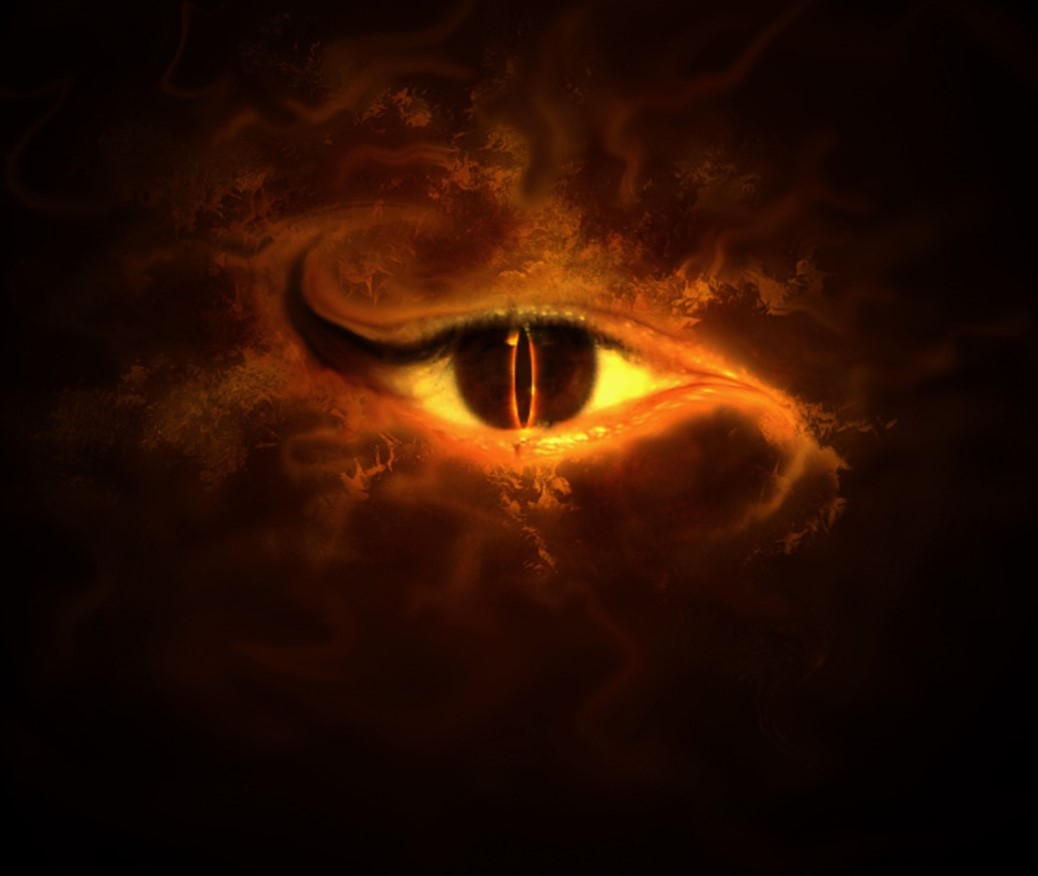Pondering the “Age of Dinosaurs” gives one pause in considering whether there is an intrinsic intent in evolution to develop brains capable of communion with Mind.
 The “Age of Dinosaurs” is called the Mesozoic Era, which is divided into three periods: the Triassic (245-208 million years ago), Jurassic (208-145 million years ago), and Cretaceous (145-66 million years ago). That means for nearly 200 million years, these small-brained leviathans of the land dominated the earth.
The “Age of Dinosaurs” is called the Mesozoic Era, which is divided into three periods: the Triassic (245-208 million years ago), Jurassic (208-145 million years ago), and Cretaceous (145-66 million years ago). That means for nearly 200 million years, these small-brained leviathans of the land dominated the earth.
Why would evolution produce such long-lasting dead-end branches, if there were an intrinsic intent to evolve brains possessing the spiritual potential the human brain has?
There are four implicit flaws in this question. The first is that evolution is directed in some way, rather than simply unfolding in an essentially random way. There could be intent without any directedness.
The second flaw is the notion that something must be directing evolution–either God, or god-like aliens. But intrinsic intent requires neither. It could be part of the fabric of the universe itself, somewhat like physicists hypothesize dark energy and dark matter to be though neither has ever been observed.
Of course the difference is that we’ll never be able to detect and measure intent, which puts it beyond the reach of science. That’s something a dogmatically scientific worldview refuses to allow, since its adherents believe that what cannot be measured does not exist. That’s essentially no different than the pre-scientific religious mindset of previous centuries, which refused to allow another way of seeing and investigating nature and reality.
The third flaw is assuming that evolution is linear, though paleontologists often point out that it is not. Given the increasingly unlikely proposition that life is unique to the earth, evolution, wherever it occurs, is apparently endlessly experimental, though it undoubtedly follows the same basic laws that it does on earth. (There isn’t a different physics in distant galaxies; there is no more reason to think there’s a different biology.)
The fourth flaw in my question is that the human brain is the goal and end of evolution. The most we can say is that the human brain, capable of the highest awareness, may be one expression of the intrinsic cosmic intent.
There is a much more pressing reason to abjure any notion of intrinsic intent in evolution, and that is the problem of evil. As the theologian Huston Smith once said, “the problem of evil is the shoal on which all theologies founder.”
However the problem of evil is almost always couched in childishly anthropocentric terms, both by monotheists and atheists. People ask things like: If a loving God created us, why is life often so cruel? If God loves us, why is creation so crappy for so many people?
But the reality is that evil has nothing to do with creation and God because there is no separate Creator. Besides, evil does not exist in nature, but is man-made. Therefore it’s up to human beings to understand its roots within us.
And since the personal dimension generates collective darkness, when we stop taking it personally, we begin to free ourselves from it.
Evil is comprehensible in the context of the evolution of life and consciousness. That means the problem of evil can be resolved, darkness can be dispelled, and the Sixth Extinction can be ended.
I realize that these are dubious propositions in our age, when only darkness seems to be operating effectively in the Americanized global culture, and even in human consciousness per se. Scientists like Guy McPherson go around the country with misanthropic glee preaching to the choir how the human race will be extinct in less than 50 years.
All we can say for sure however is that the crisis of consciousness is coming to a head with humans on Planet Earth.
So do sentient, potentially sapient creatures, wherever they evolve in the universe, face the same, self-made crisis of consciousness that humans are presently facing on earth? I propose that the evolution of symbolic thought, which gives humans the capability of knowledge, science and technology,
strongly tends to generate increasing division, fragmentation and darkness wherever it evolves.
Perhaps some thought-bearing creatures awaken insight and intelligence more quickly; some take division, fragmentation and darkness to their emotional and ecological limit but radically change in the end; and others never learn and go extinct. Whether Homo sapiens belongs in the second or third category may be up to the generations alive today.
When an aspirant asked the 15th-century Zen master Ikkyu to write down a maxim of the highest wisdom, Ikkyu wrote: Attention. The dissatisfied aspirant asked, Is that all? And Ikkyu wrote: Attention. Attention.
Martin LeFevre

